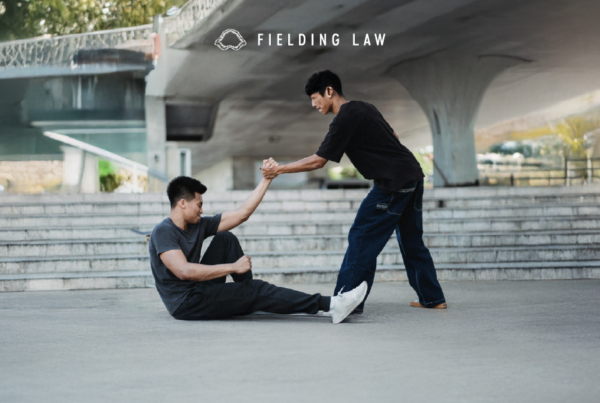Navigating the legal system after a personal injury can be daunting, especially for immigrants who face language barriers in personal injury claims. Misunderstandings and miscommunications can hinder the process, leading to delays or even the denial of rightful compensation. At Fielding Law, we understand these challenges and are here to help. We have a diverse team of attorneys and staff who speak Spanish, Portuguese, Tagalog, Italian, and Hindi, ensuring that language is never a barrier to getting the justice you deserve.
Understanding the Importance of Clear Communication
Clear communication is vital in personal injury cases. Accurate and timely information can significantly impact the outcome of your claim. If you are not fluent in English, you might miss crucial details or fail to convey important aspects of your case. Here are some common issues immigrants face due to language barriers:
- Difficulty Understanding Legal Terms: Legal jargon can be confusing, even for native English speakers. For non-native speakers, it can be nearly impossible to grasp without assistance.
- Miscommunication with Medical Providers: Proper documentation of your injuries and treatment is essential. Misunderstandings with healthcare providers can result in incomplete or inaccurate medical records.
- Challenges in Gathering Evidence: Communicating with witnesses or obtaining statements can be problematic if there is a language barrier.
- Complicated Negotiations: Discussing settlements or negotiating with insurance companies requires clear and precise communication.
Tips for Overcoming Language Barriers
Overcoming these challenges requires proactive steps. Here is how you can ensure language barriers do not prevent you from obtaining the compensation you deserve:
- Seek Legal Help from Multilingual Attorneys
- At Fielding Law, we have a team of attorneys and staff who speak Spanish, Portuguese, Tagalog, Italian, and Hindi. Our multilingual team can help you understand your rights, guide you through the legal process, and communicate effectively with all parties involved in your case.
- Use Professional Translation Services
- If your attorney’s office does not offer translation services, hire a professional translator. Accurate translation of legal documents and medical records is crucial.
- Bring a Trusted Friend or Family Member
- Having someone you trust who speaks both your native language and English can be invaluable during meetings with your attorney, doctors, or insurance adjusters.
- Request Documents in Your Native Language
- Whenever possible, ask for important documents to be translated into your native language. This ensures you fully understand all aspects of your case.
- Take Notes and Ask Questions
- Do not hesitate to take detailed notes during meetings and ask for clarification if you do not understand something. Your attorney is there to help you, and it is essential to be clear on every detail.
- Educate Yourself About the Legal Process
- Familiarize yourself with the basics of personal injury law and the claims process. This knowledge can help you ask better questions and understand your attorney’s explanations.
Why Choose Fielding Law?
At Fielding Law, we are committed to providing compassionate and effective legal representation for all our clients, regardless of language barriers. Our diverse team is dedicated to helping you navigate the complexities of your personal injury claim with ease. We pride ourselves on being approachable, empathetic, and highly capable of securing the compensation you deserve.
When you work with us, you are not just another case number. We take the time to understand your unique situation and tailor our services to meet your specific needs.
Contact Fielding Law Today
If you or a loved one has been injured and is facing language barriers in personal injury claims, do not hesitate to reach out to Fielding Law. We are here to help you every step of the way. Call us at 833.88.SHARK (833-88-4275) for a free legal consultation with one of our multilingual attorneys. Let us help you overcome language barriers and get the justice you deserve.
Note: Information provided is for educational purposes and does not constitute legal advice. Always consult with a qualified attorney for legal concerns.





